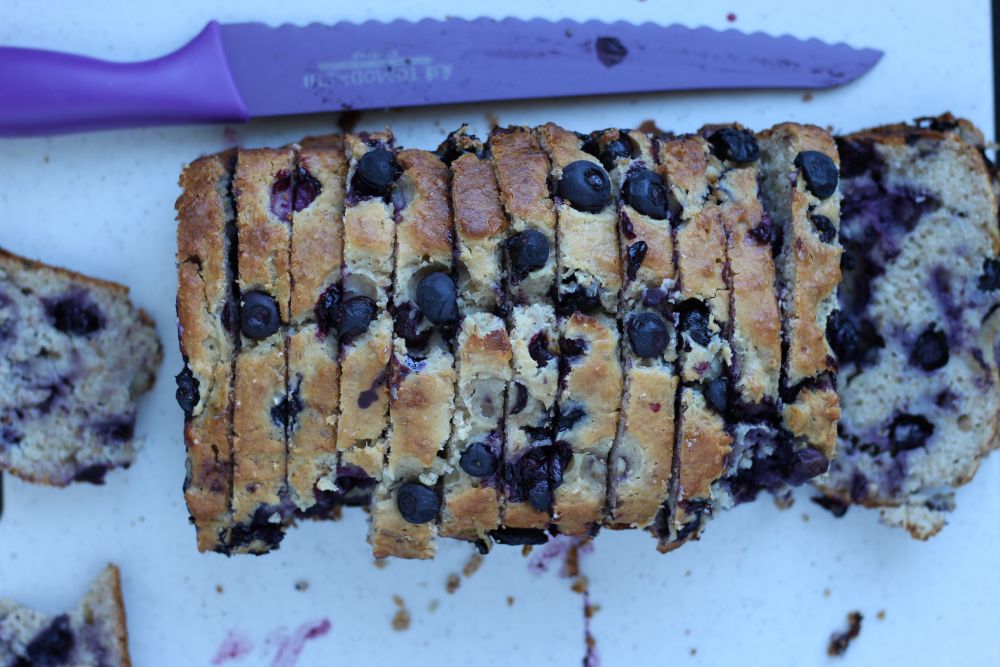Gluten-free diets may lead to compromised performance
57% of athletes following gluten-free diets are self-diagnosed
 Photo by:
Getty Images
Photo by:
Getty Images

RELATED: Building a better Vegan/ Vegetarian sports diet
The gluten-free diet is effective for those with gluten-related conditions
Authors wrote that for athletes with gluten-related conditions, they generally experience improvements or complete resolution of symptoms by eliminating gluten from their diet.
It’s risky to self-diagnose
Among athletes, especially endurance athletes concerned about weight and gastrointestinal health, there’s a belief that the gluten-free diet can lead to improved performance. However, authors caution that there are many problems associated with self-diagnosis. “It is risky for athletes to self-diagnose medical conditions and subsequently adopt a gluten-free diet, as underlying medical or physiological conditions could be overlooked.”
Beyond the risk of aggravating pre-existing conditions, many runners struggle to fuel properly once they’ve adopted the diet, eliminating too many foods to sustain their energy output. There’s a risk of not eating enough carbohydrates, which can cause big issues for performance.
RELATED: Defining normal eating during a pandemic
It can lead to eating disorders
Researchers suggest that some athletes can become so focused on their gluten-free diet that they overlook the importance of fueling their training. This can lead to complications around food restriction and possibly lead to eating disorders. The gluten-free diet can also contribute to a significant increase in food expenses (an estimated 206% increase) due to the cost of these diet-friendly foods. For example, the average cost of wheat bread is about $3 CAD, whereas the average cost of a gluten-free loaf runs around $5 to $6 CAD.
It doesn’t show any increase in performance
In a study of healthy cyclists, those who were fed a gluten-free diet and a placebo achieved the same results at the end of a seven-day study that culminated in a 15-minute time trial. While the diet can be effective for those who need it, if you’re not dealing with a gluten intolerance, keep eating wheat – your wallet and stomach will thank you.
